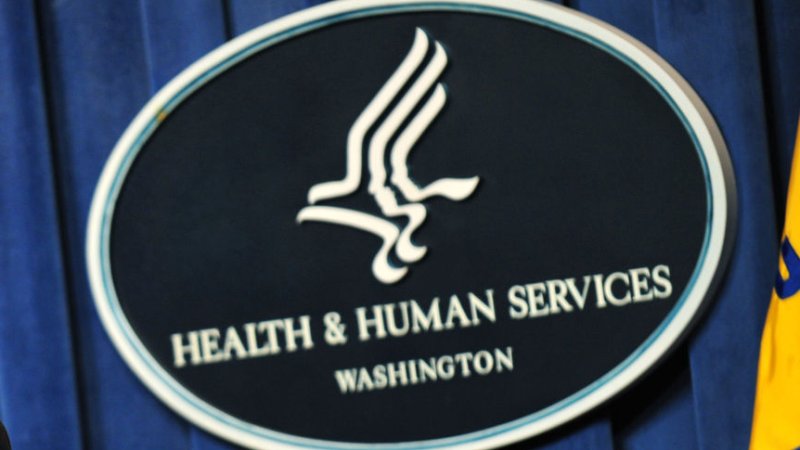WASHINGTON, July 2 -- People who suffer from mental illness could see some relief with the expansion of Medicaid services, but uncertainty remains for those whose states do not accept the changes.
Medicaid is the largest patron for mental health services but because some states do not plan to participate in the new health-care exchanges and Medicaid expansion, the Alliance for Health Reform is concerned about coverage options available to certain Americans. States will have the option of picking and choosing the design of the benefits they offer, which should be beneficial to some but could leave out others such as those with mental illness.
“We’re worried about state flexibility,” said Linda Rosenberg, president and CEO of the National Council for Behavioral Health, who is concerned that states may have too much latitude. “But there’s a lot of organizing going on to make sure the good things happen.”
The Mental Health Parity and Addiction Equality Act of 2008 aimed to eliminate the practice of unequal health treatment. Parity, as defined by the law, provides insurance coverage for substance abuse and mental health disorders equally to that available for other chronic health conditions like diabetes, asthma and hypertension.
Often people who suffer from mental illness do not seek help until it is too late, driving up costs and preventing them from receiving proper treatment. A panel discussion hosted by the Alliance, a group dedicated to explaining the health care revisions, talked about goals for Medicaid to meet the needs of mentally ill Americans:
-Effective use of screening
-Improved integration of primary care and behavioral health
-Better availability of evidenced-based practices
-Strategic development
The Alliance hopes that with the Jan. 1 deadline for implementation of the next phase in the healthcare law, the medical system will accomplish these goals.
“Now it’s about how we bring those people who have those needs into the general health world,” Rosenberg said.
The Alliance also hopes that legislation such as the bipartisan Mental Health and First Aid Act of 2013 will bring more awareness to mental illness and help those who suffer from it. The bill would highlight available mental health resources in local communities and offer information about the warning signs and risk factors.
It was introduced in the House of Representatives by Rep. Ron Barber, D-Ariz.















